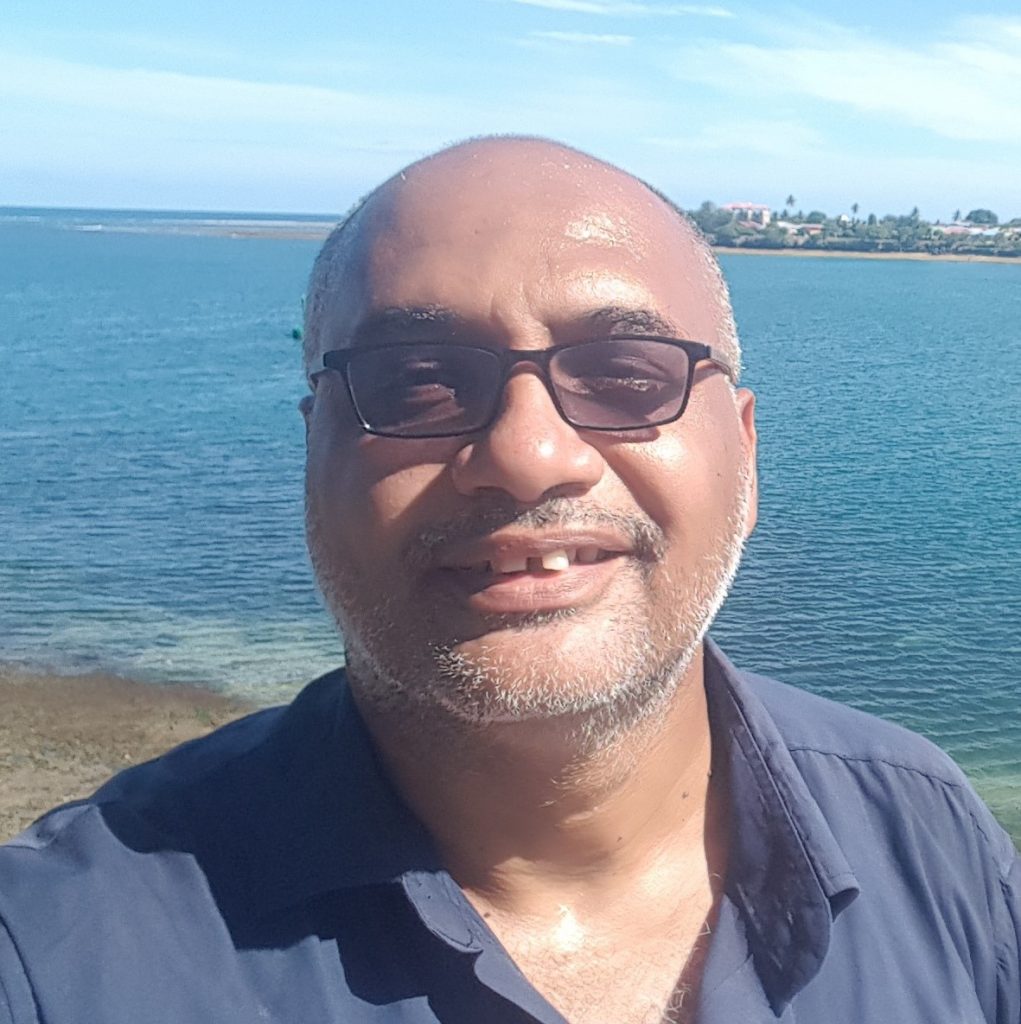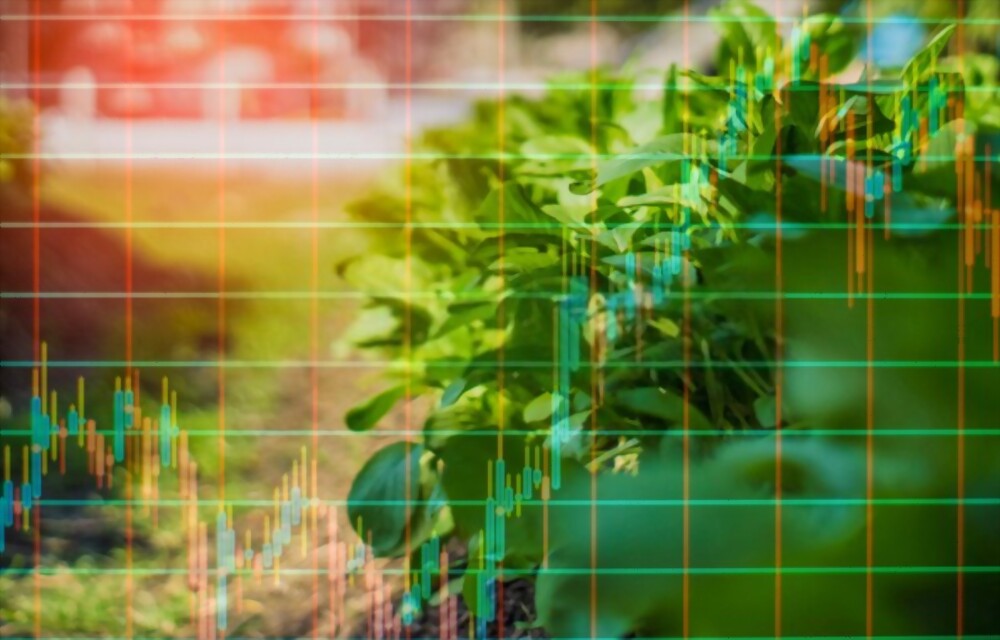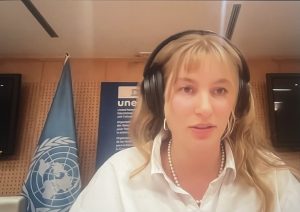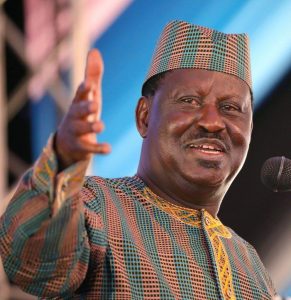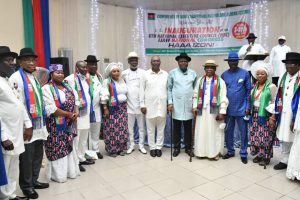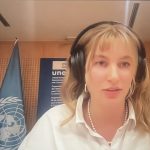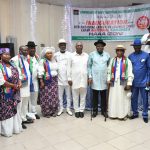In developing countries, granting full economic freedom to producers in their “morning markets” will put the entire economy on the right track and will eliminate illegal activities inside countries and along the tense borders.
The idea is new but simple. Colors of the economy such as Green Economy, Blue Economy, White Economy, and Gray Economy are based on several issues: environment, oceans, health, and informal activities while the Morning Economy is mainly related to the morning time from “dawn to noon”.
Some of the developing countries are trying to overcome obvious economic challenges by exerting more efforts on strategies and long-term planning. However, the problem is not at the top level of strategies, it is in lack of practical plans and doable actions that stabilize the lower level to achieve success and to be able to receive long-term planning. Why not start with parts of the economy that could be fixed easier in order to pave the way to comprehensive national reforms and regional and continental strategies. A smart package of short-term policies is needed to help the small local economies to start successfully in the morning time then all things will follow.
Economic activities that happen in the morning time are either production or consumption, in some cases they are mixed “prosumption” but still, it tends to be nearer to one of the two sections.
Morning Economy deals with the production – not the consumption – of goods and services that are set to be transferred and traded during the morning time. If authorities failed to organize that for producers, they will find another way and time to do things out of the formal umbrella.
I define “Morning Economy” as the economic policies that give a priority to developing and formalizing producers’ transactions that happen in open markets during morning time.
Since 2006, I started to be more dedicated to tackling several issues related – partially or entirely – to the concept of the “Morning Markets Economy” or “Zonal Economy” such as border markets, producer markets, community markets, and regional free trade zones.
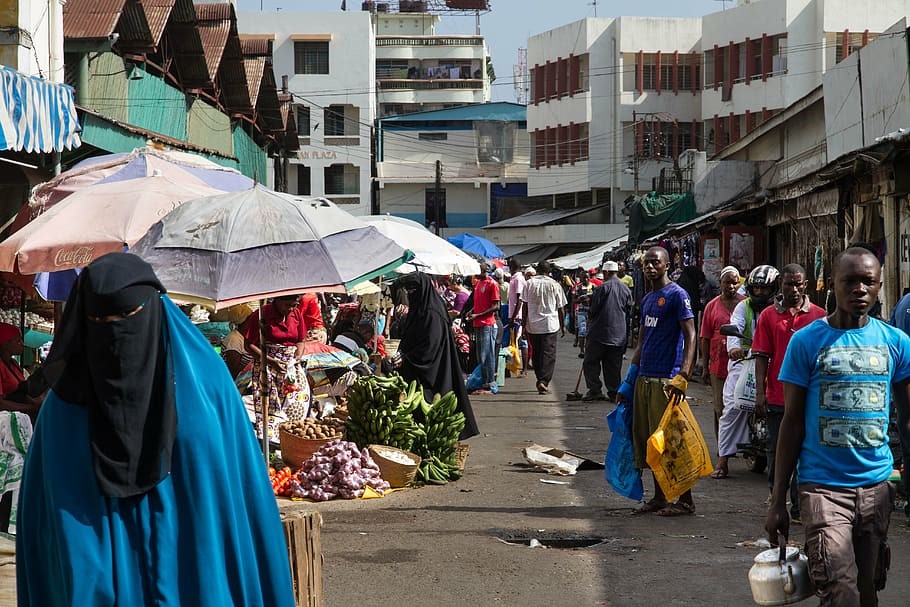
In Africa, the process of developing local and producer markets is the best and most practical approach for improving the national economies while the Intra-Africa trade could be efficiently boosted by border markets and the free zones that deal – specifically – with regional direct trade between neighboring countries and well connected with producers and the goods that flow through borders to reach bigger markets.
I believe that the efforts of modifying the policies of African countries to be integrated with AfCFTA and RECs should continue but still, it has been proven that adopting regional agreements by governments are not efficient enough in integrating the Informal Economy or “Grey Economy” within the national policies. Morning Economy can do that gradually and perfectly and could be the best platform for the international stakeholders of the free economy to present their ideas and to offer their deals.
It appears that the field of the Morning Economy is limited to rural areas but this is not true. Even in urban areas and within the cities and the towns the products of home manufacturing and home gardens are mostly sold in community markets and yard sales in the morning during holidays. Such kinds of markets play a bigger role in changing the mentality and the behavior of the citizens from consumption to production. The Morning Economy in urban areas could build the trust between producers and authorities better than anything else.
Granting full and smartly organized economic freedom to producers and suppliers in their morning markets will put the entire economy and the political situation on the right track of development. Also, it is the only recipe to eliminate illegal and criminal activities along the borders or inside countries.
Why start with trade and not industry or agriculture? Informal activities or formal economy? Why focusing on markets instead of inclusive reforms? Answers to the questions will underscore the need to prioritization of Morning Economy.
For instance, socialists side with farmers and and influence of labor. Theoretically, they are calling for better policies for producers but in reality, they give more attention to consumers by insisting on designing the economy on subsidies. Socialism maximizes the role of the government at the upper level. As a result, economic freedom is crushed at the lower level and the producers are left behind. The point that socialists missed is that the producers are also consumers, so if the government helps them, it automatically covers a wider range of the community, then the poverty could be decreased. In contrast, starting with government intervention by helping consumption at the cost of production will damage producers, consumers, and the government itself.
